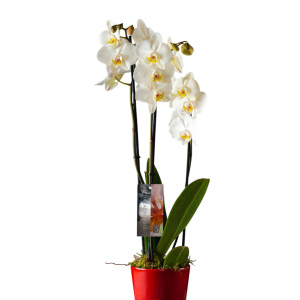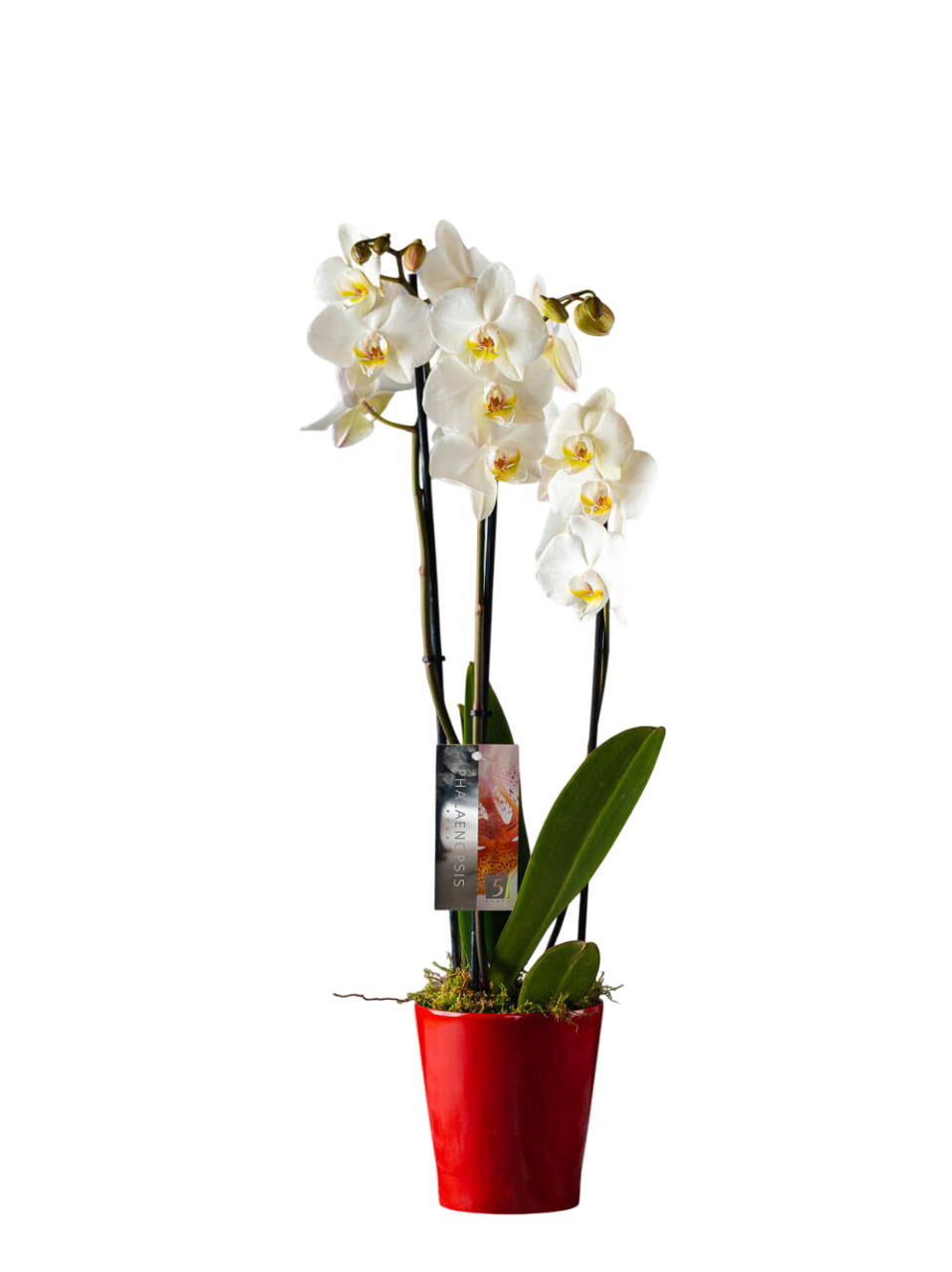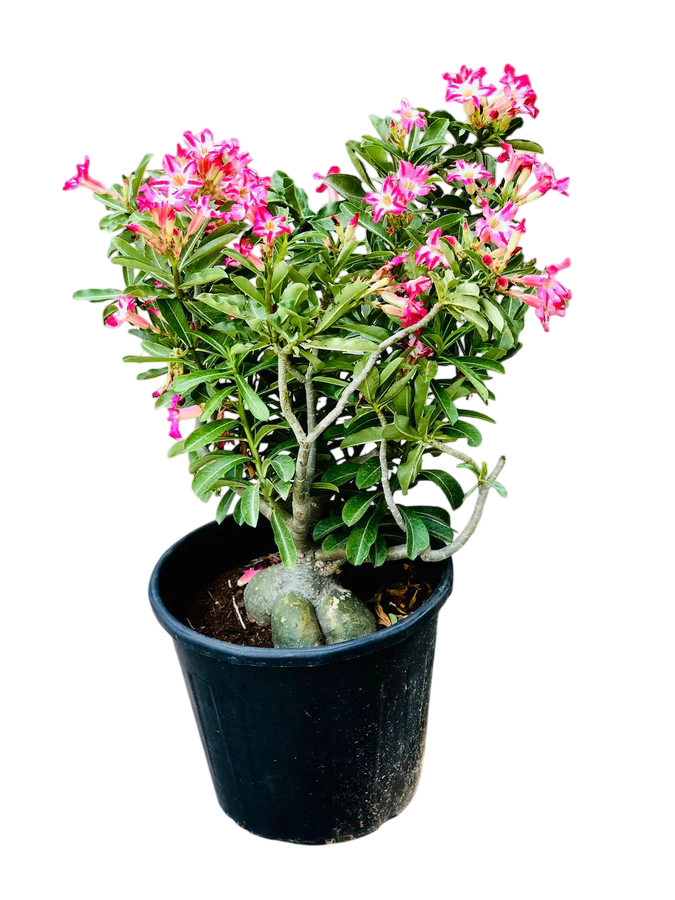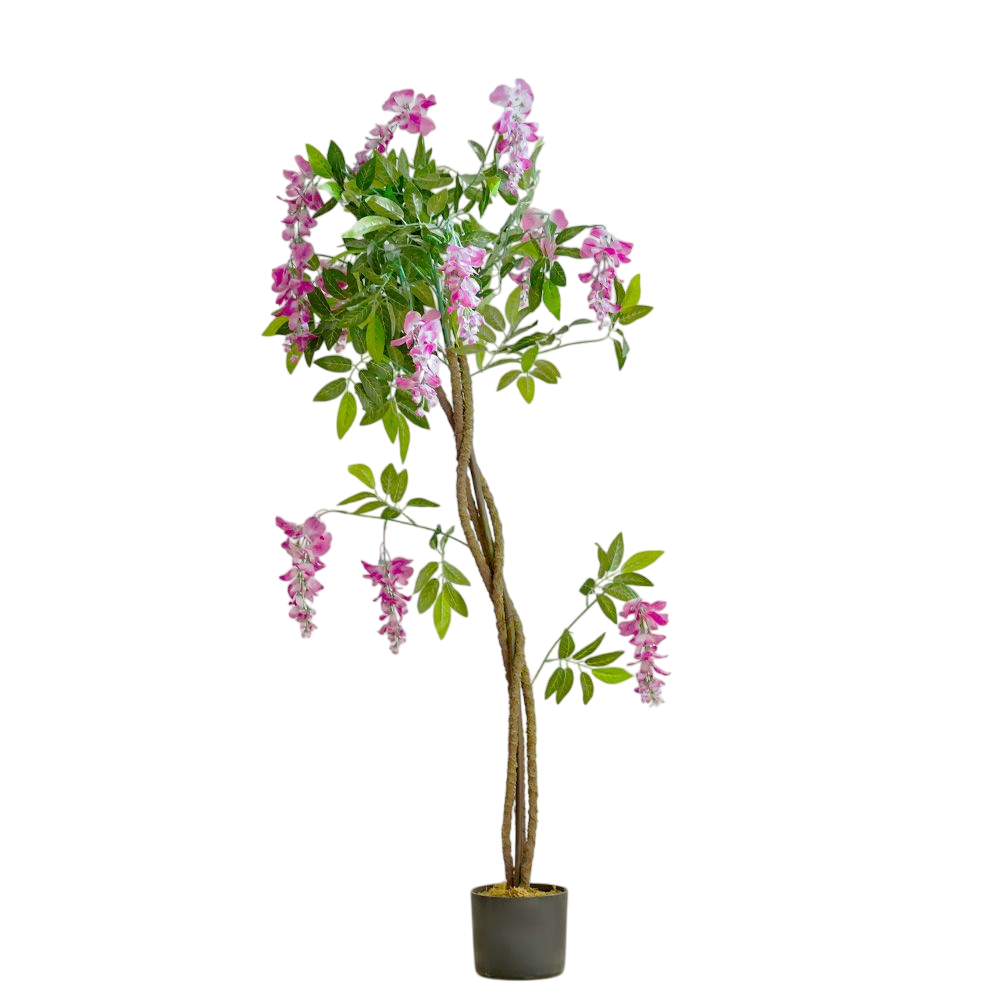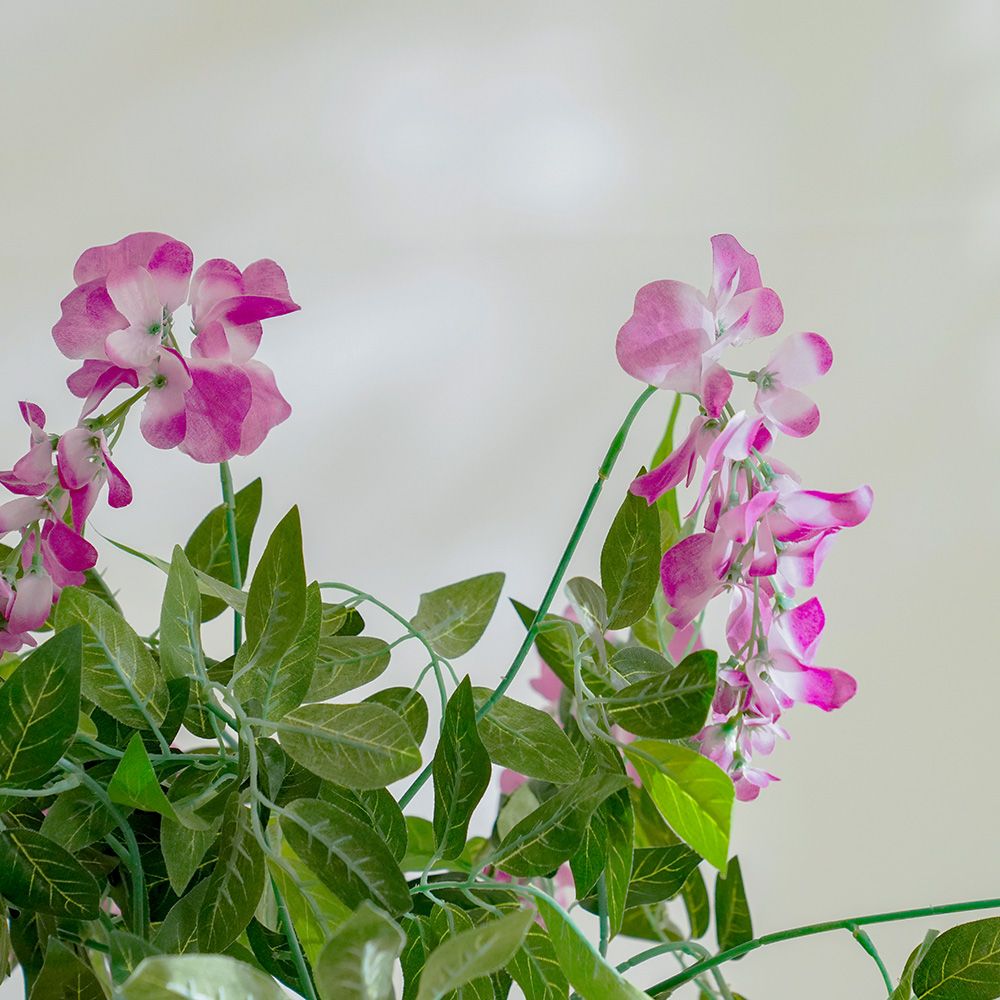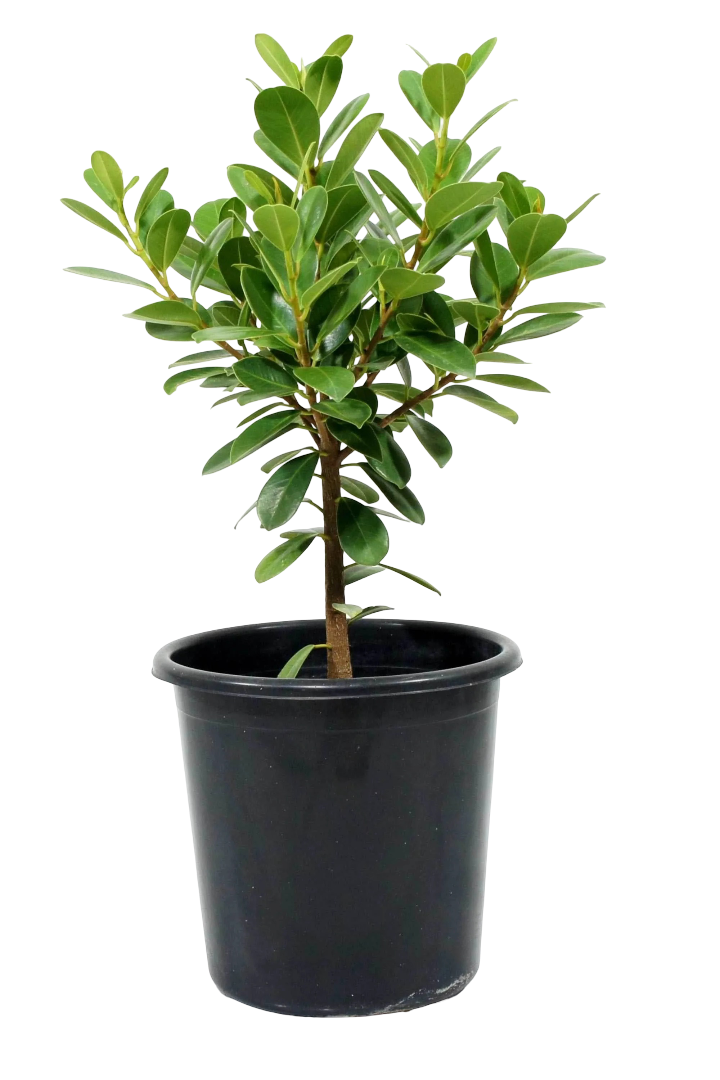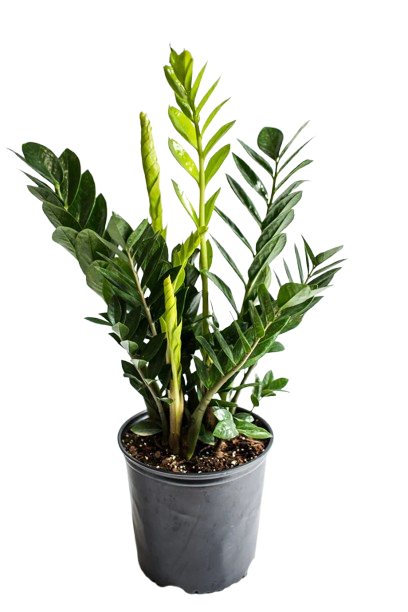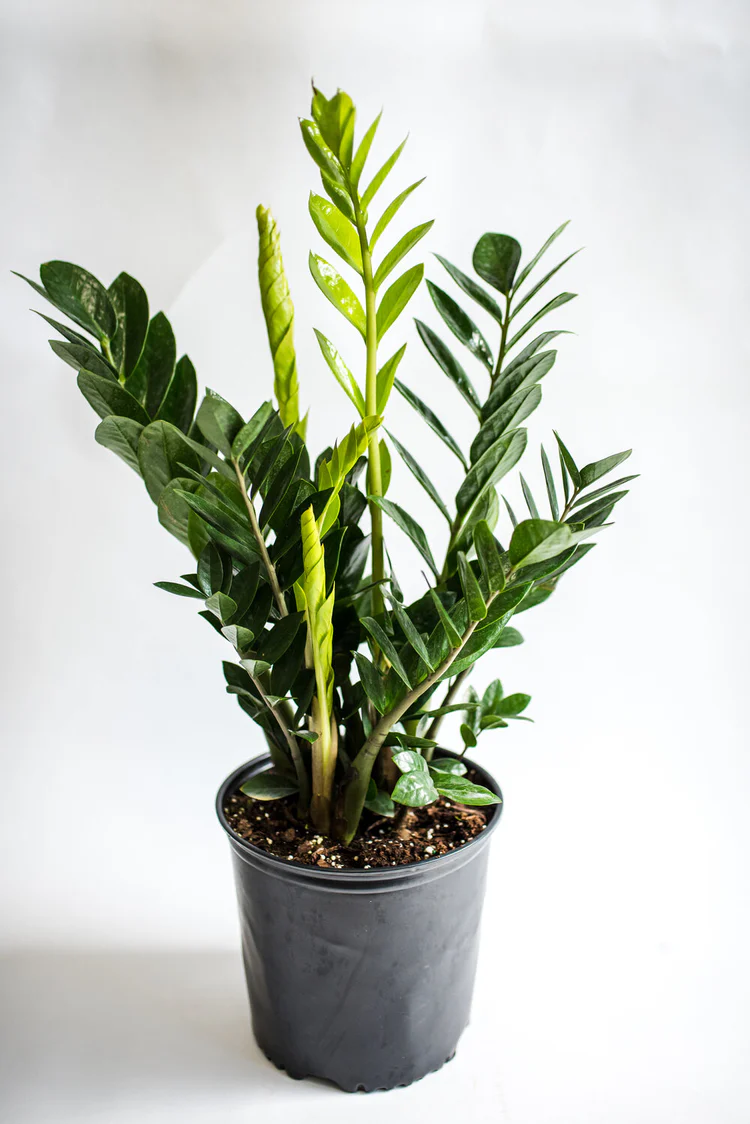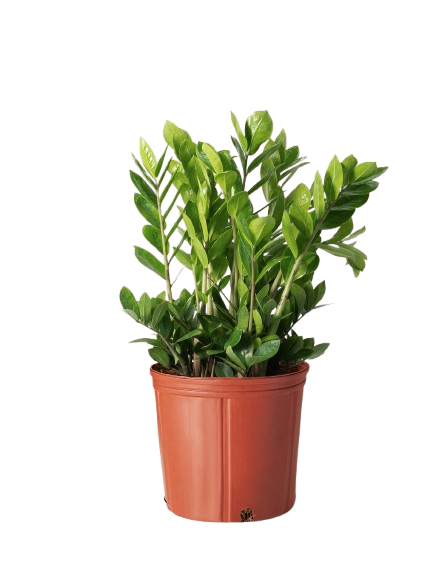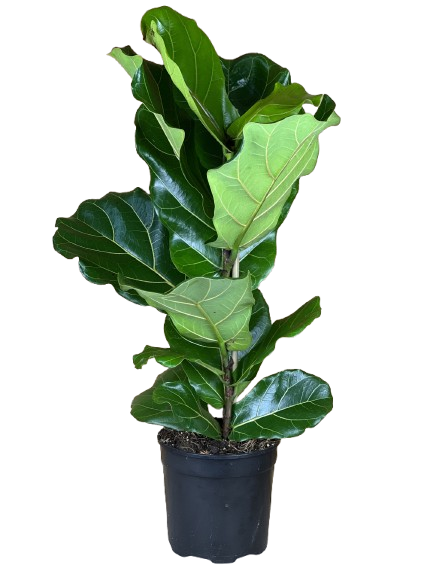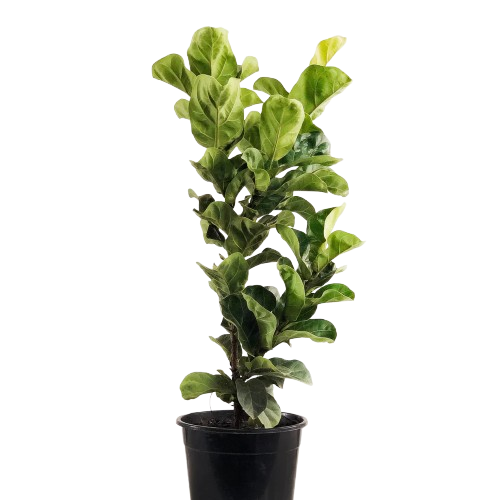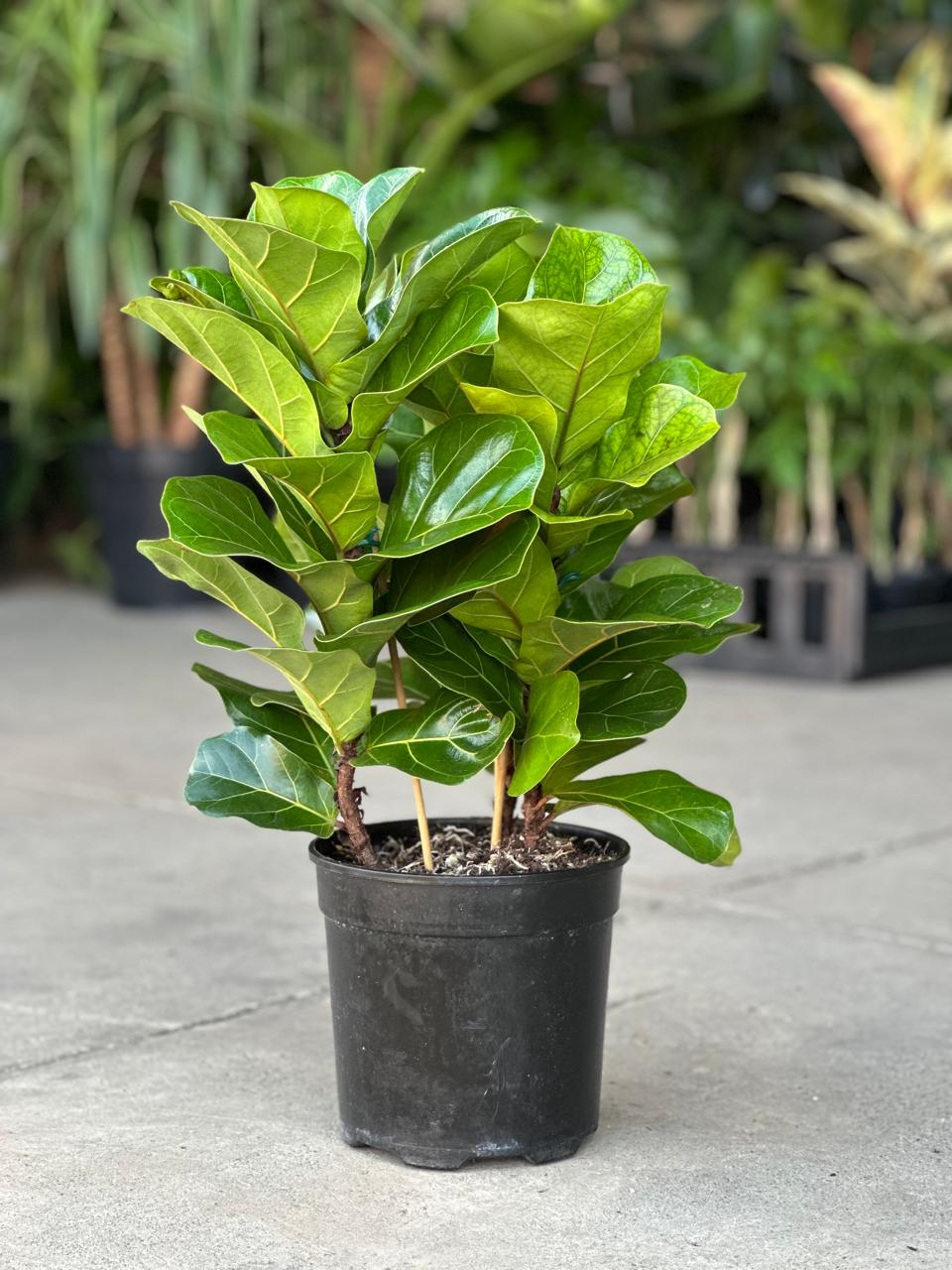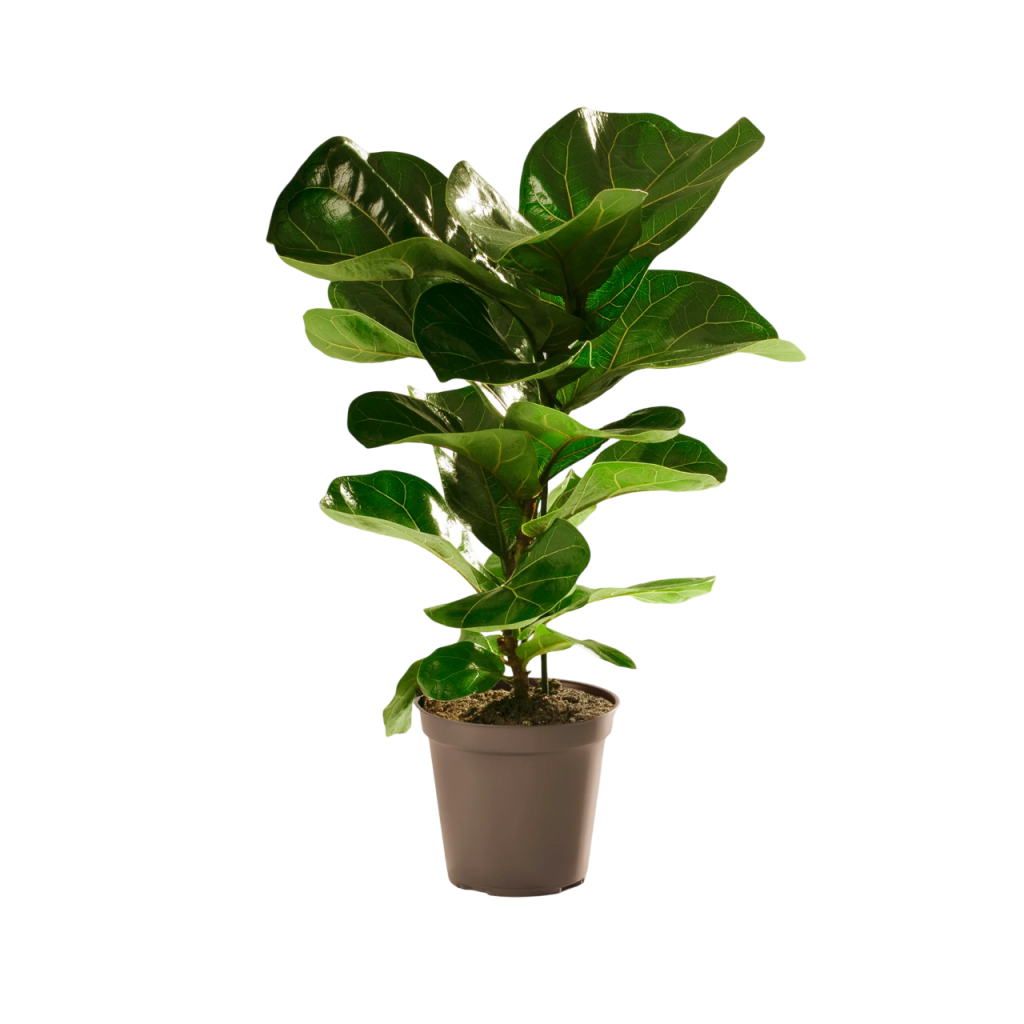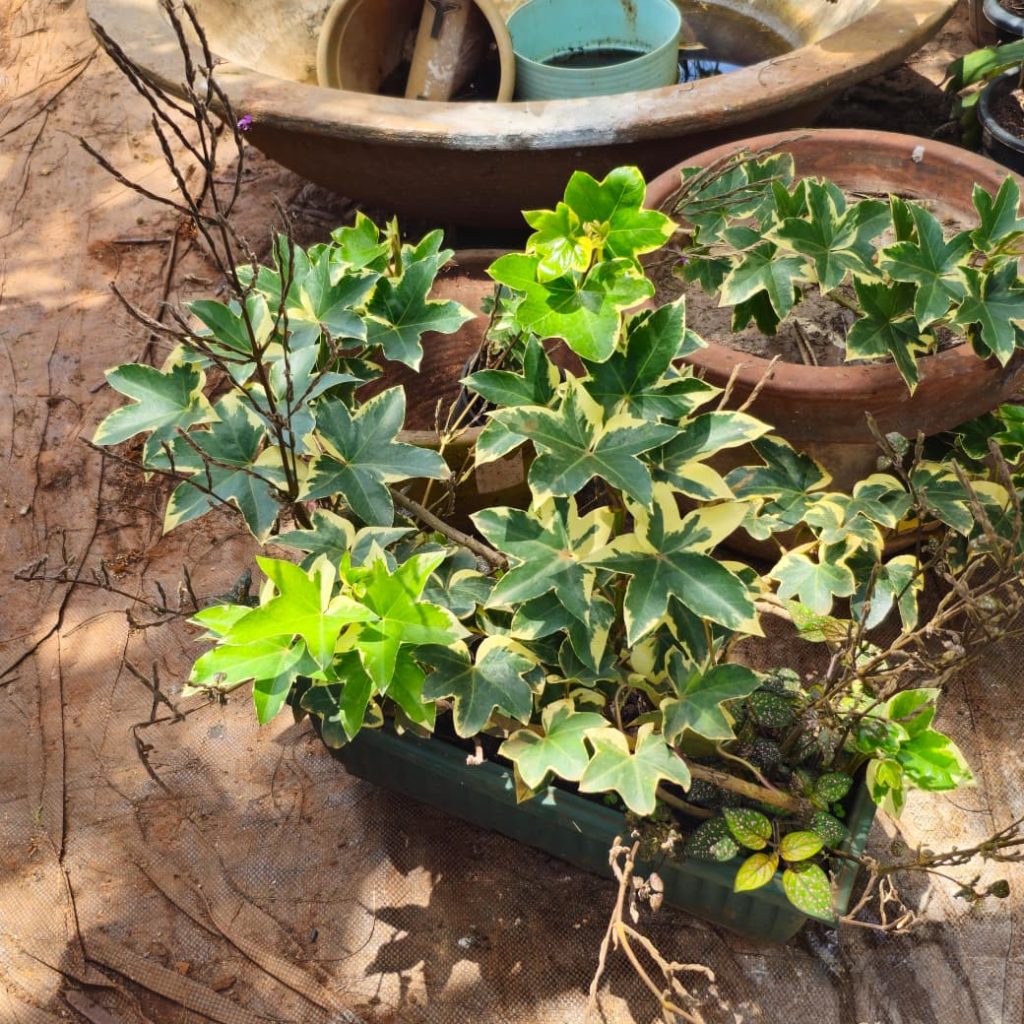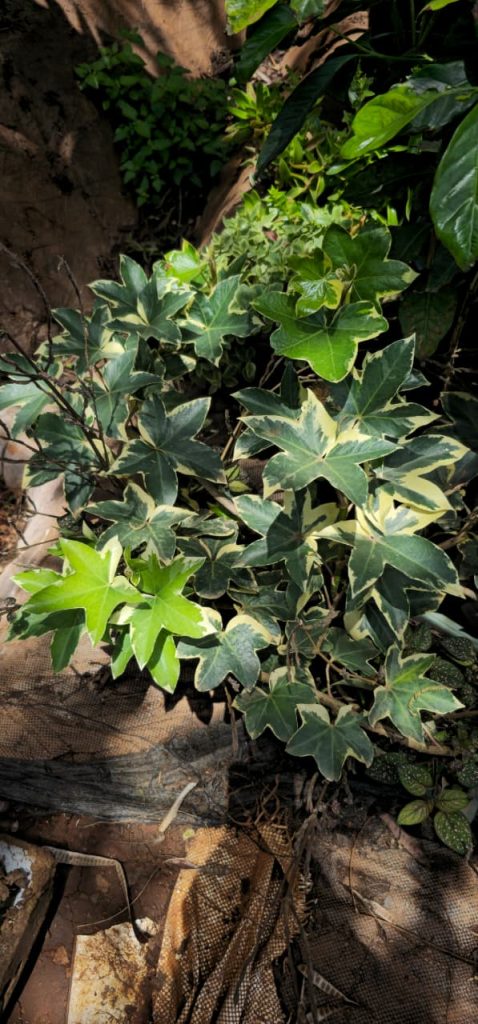English Ivy : A Timeless Climber for Indoors and Gardens
English Ivy (Hedera helix) is one of the most iconic and easy-to-grow vines for Kenyan homes and gardens. Loved for its elegant trailing stems and evergreen leaves, this versatile plant brings a touch of nature’s sophistication whether used as a houseplant, balcony accent, or outdoor wall climber. In Nairobi, Kisumu, or the cooler highlands of Limuru, English Ivy thrives beautifully, adapting to both indoor and outdoor spaces with minimal fuss.
Why Grow English Ivy?
- Excellent air purifier — removes toxins and enhances indoor air quality.
- Perfect for vertical gardening, green walls, and decorative fences.
- Thrives in partial shade, ideal for homes with indirect light.
- Low-maintenance and tolerant of different conditions once established.
- Year-round lush greenery, even in cooler climates.
Cultural & Historical Significance
English Ivy has deep cultural roots across civilizations. In ancient Greece and Rome, it symbolized eternal life and fidelity, often used in wedding garlands and temple decorations. In Celtic traditions, it represented protection and resilience, believed to ward off negative energy. Throughout Europe, the plant adorned medieval architecture, climbing stone walls and symbolizing endurance against time. Today, it continues to evoke feelings of charm and heritage, making it a beloved choice in both historical and modern landscapes worldwide.
Ideal Growing Conditions in Kenya
English Ivy grows best in cool to moderate temperatures, making Kenya’s highland and urban regions ideal. It prefers bright, indirect sunlight and slightly moist, well-drained soil. Avoid prolonged direct sunlight, especially during hot afternoons, as it can scorch the leaves. In Nairobi, you can grow it on shaded balconies, verandas, or as an indoor trailing plant. It’s also a great option for landscaping shaded gardens in Karen, Tigoni, or Limuru.
How to Plant It
- Select a healthy ivy from the nursery with vibrant, pest-free leaves.
- Choose a pot or spot with good drainage and rich, loamy soil.
- Gently remove the plant from its nursery bag and loosen the roots.
- Plant it at the same soil level it was growing in previously and water lightly.
- Place it in a shaded or semi-bright area to establish before moving to full exposure.
Care Tips
- Water moderately — keep soil slightly moist but not soggy.
- Fertilize monthly with a balanced houseplant fertilizer during the growing season.
- Prune regularly to control growth and maintain a compact, bushy shape.
- Wipe leaves occasionally to remove dust and promote healthy breathing.
Pests & Diseases
Common pests include aphids, spider mites, and scale insects. These can be managed naturally using neem oil or insecticidal soap. Overwatering may cause root rot, so ensure the pot drains well. Yellowing leaves often indicate excess moisture or poor drainage.
Pet Safety
English Ivy is toxic to cats and dogs if ingested. It’s best placed out of reach, on high shelves or hanging baskets, to keep both pets and plants safe.
Growing in Containers
For apartments and balconies, English Ivy thrives in hanging baskets, wall planters, or terracotta pots. It trails beautifully, creating a natural curtain of greenery. Combine with contrasting plants like Golden Pothos or Ferns for a lush indoor jungle effect.
Where to Buy This Plant in Kenya
You can buy healthy English Ivy plants and stylish planters at Planters.co.ke — your trusted source for indoor plants and garden décor in Kenya. Delivery is available across Nairobi, Mombasa, Kisumu, and major towns.
Final Thoughts
With its timeless charm, air-purifying power, and easy-care nature, English Ivy is a must-have for plant lovers in Kenya. Whether adorning your living room shelf, climbing a shaded wall, or cascading down a balcony, it brings elegance and freshness to every corner. Add a touch of natural heritage to your space — grow your own English Ivy today with Planters.co.ke.

